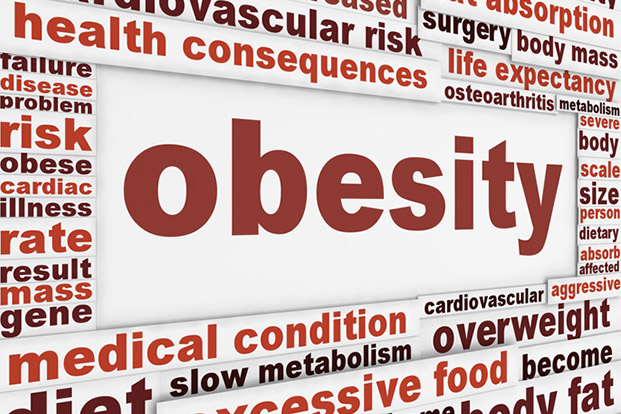Categories
- Bariatric Surgery (11)
- Black Fungus (5)
- Bone Marrow transplant (3)
- Brain Tumor Surgery Navigation Technology (20)
- Cardiac Surgery (66)
- Cardiology (97)
- Computer navigation technology for joint replacements (20)
- Covid Vaccination (17)
- Critical Care (2)
- Dental (19)
- Dermatology (31)
- Dialysis Support Group - “UTSAAH” (11)
- Dietitian (33)
- Emergency Medicine (4)
- Emotional Health (11)
- Endocrinology (33)
- ENT (20)
- Gastroenterology and GI Surgery (53)
- General and Laparoscopic Surgery (21)
- General Surgery (4)
- Gynecology & Obstetrics (183)
- Hematology (20)
- Internal Medicine (294)
- Kidney Transplant (50)
- Kidney Transplantation (20)
- Lung Cancer (8)
- Minimal Invasive Surgery (1)
- Mother & Child (20)
- mucormycosis (5)
- Nephrology (61)
- Neurology (147)
- Neurosurgery (68)
- Nutrition and Dietetics (107)
- Omicron Variant (1)
- Oncology (288)
- Ophthalmology (10)
- Orthopaedics & Joint Replacement (86)
- Paediatrics (59)
- Pediatric Nephrology (3)
- Physiotherapy (5)
- Plastic & Reconstructive Surgery (6)
- Psychiatry and Psychology (90)
- Psychologist (28)
- Pulmonology (72)
- Rheumatology (13)
- Spine Services (21)
- Transradial Angioplasty (16)
- Urology (84)
Query Form
Posted on Apr 19, 2022
Heart Issues and Obesity
Obesity is an increasingly prevalent metabolic disorder affecting not only the developed countries but also the developing countries like India. Its prevalence is also increasing in children and adolescents group. Apart from hereditary or genetic cause, environmental contributions are playing a big role e.g.. increased intake of junk foods/ fast foods and reduced exercise habits.
Obesity is defined as BMI ( Body Mass Index) of a person more than 30kg/m2. It is calculated as body weight in kg / height in m2. BMI within the range of 25 -30 kg/m2 are called overweight.
Obesity and associated co morbidities:
Obesity itself and increased incidence of other covariates like hypertension, dyslipidemia( increased LDL or bad cholesterol and decreased HDL or good cholesterol), insulin dependent as well as insulin resistant diabetes mellitus are responsible for coronary artery disease or more specifically chest pain and heart attack. Also obesity is one of the comorbidity for heart failure. Obesity is not only responsible for heart diseases but it is also a negative risk factor affecting faster recovery from heart surgeries particularly delayed wound healing etc.

Prevent Obesity :
- So precautions for prevention of obesity must be taken early.
- Low fat diets, avoidance of junk food, regular exercise e.g. at least 30 min – 1 hr of brisk walking must be practiced.
- Persons with BMI of more than 40 kg/m2 should seek help of a consultant for weight reducing programs or surgery.
- Change in lifestyle and food habits, regular exercises, rarely medications and surgery to reduce obesity will keep the heart healthy and lively.
- Consult a nutrition expert and an endocrinologist to manage your diabetes. They will recommend the changes that can manage your blood glucose levels.
- Don’t opt for binge diets and don’t splurge on food – adopt a moderate eating routine.
- Take frequent but healthy meals and keep a check on not just you carb and sugar intake but also on your oils.
- Be healthy and exercise



